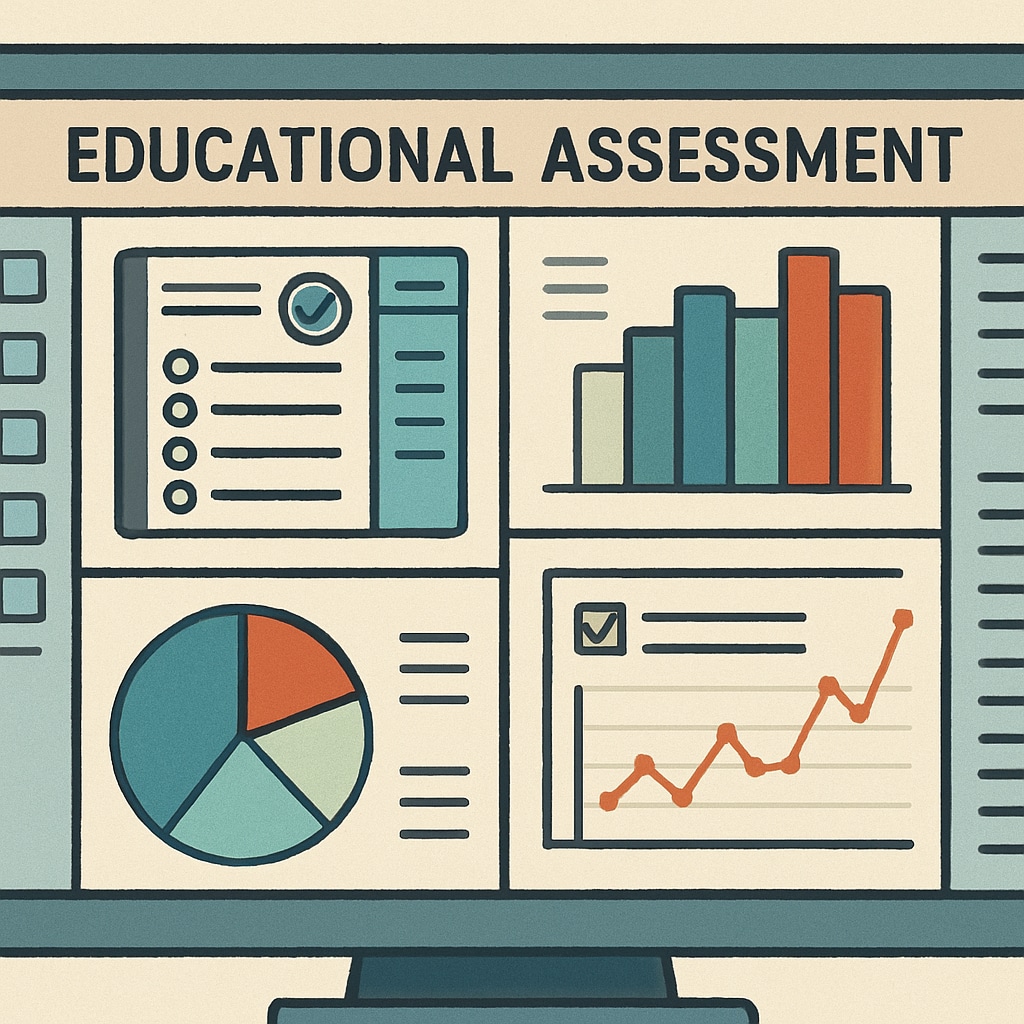Finding effective K12 student assessment tools can be challenging, yet it is one of the most crucial steps in supporting educational success. High-quality test resources play a pivotal role in measuring learning outcomes, identifying gaps, and informing teaching strategies. With countless options available, educators and parents need to know how to select tools that truly enhance students’ academic experiences.
Why High-Quality K12 Assessment Tools Matter
Assessment tools are not just about grading; they are integral to understanding a student’s progress and tailoring instruction accordingly. For example, standardized tests provide benchmarks, while formative assessments allow continuous adjustments in teaching methods. Choosing the right resources ensures the results are both reliable and actionable.
- Reliability: High-quality tests yield consistent and accurate results, reducing the chance of misleading data.
- Relevance: An effective tool aligns with curriculum goals and student development stages.
- Accessibility: Resources should be easy to use and provide clear instructions for both educators and students.

Key Features to Look for in K12 Test Resources
When evaluating potential tools, there are several features that educators and parents should prioritize:
- Adaptability: Tools that cater to diverse learning styles and abilities are invaluable. For example, adaptive tests adjust their difficulty based on the student’s performance.
- Content Coverage: Ensure the resource thoroughly addresses core subjects such as math, science, and language arts.
- Feedback Mechanism: Immediate and detailed feedback helps students understand their mistakes and learn effectively.
- Data Reporting: Comprehensive reports allow educators to track progress, identify trends, and make informed decisions.
For further reading on assessment principles, check out educational assessment on Britannica.
Recommended Sources for K12 Test Resources
Finding reliable tools often requires thorough research. Here are some trusted platforms and ideas to start with:
- Educational Websites: Platforms like Edutopia provide curated tools and resources for educators.
- Government and Nonprofit Organizations: Many national education departments and nonprofits offer free or affordable testing materials.
- Peer Recommendations: Networking with other educators or parents can lead to discovering lesser-known yet effective resources.

How Parents Can Support Effective Learning Assessments
Parents play an essential role in ensuring their children benefit from reliable testing tools. Here are some tips:
- Engage with educators to understand the purpose and structure of assessments.
- Discuss results with children in a constructive manner, focusing on growth rather than shortcomings.
- Encourage students to view assessments as opportunities to learn rather than obstacles to overcome.
By actively participating, parents can help create a supportive environment that fosters positive attitudes toward testing and learning.
Readability guidance: Use concise sections, clear bullet points, and avoid jargon to make the content accessible to diverse audiences. Maintain logical flow with transitional phrases such as “in addition,” “for example,” and “as a result.”


